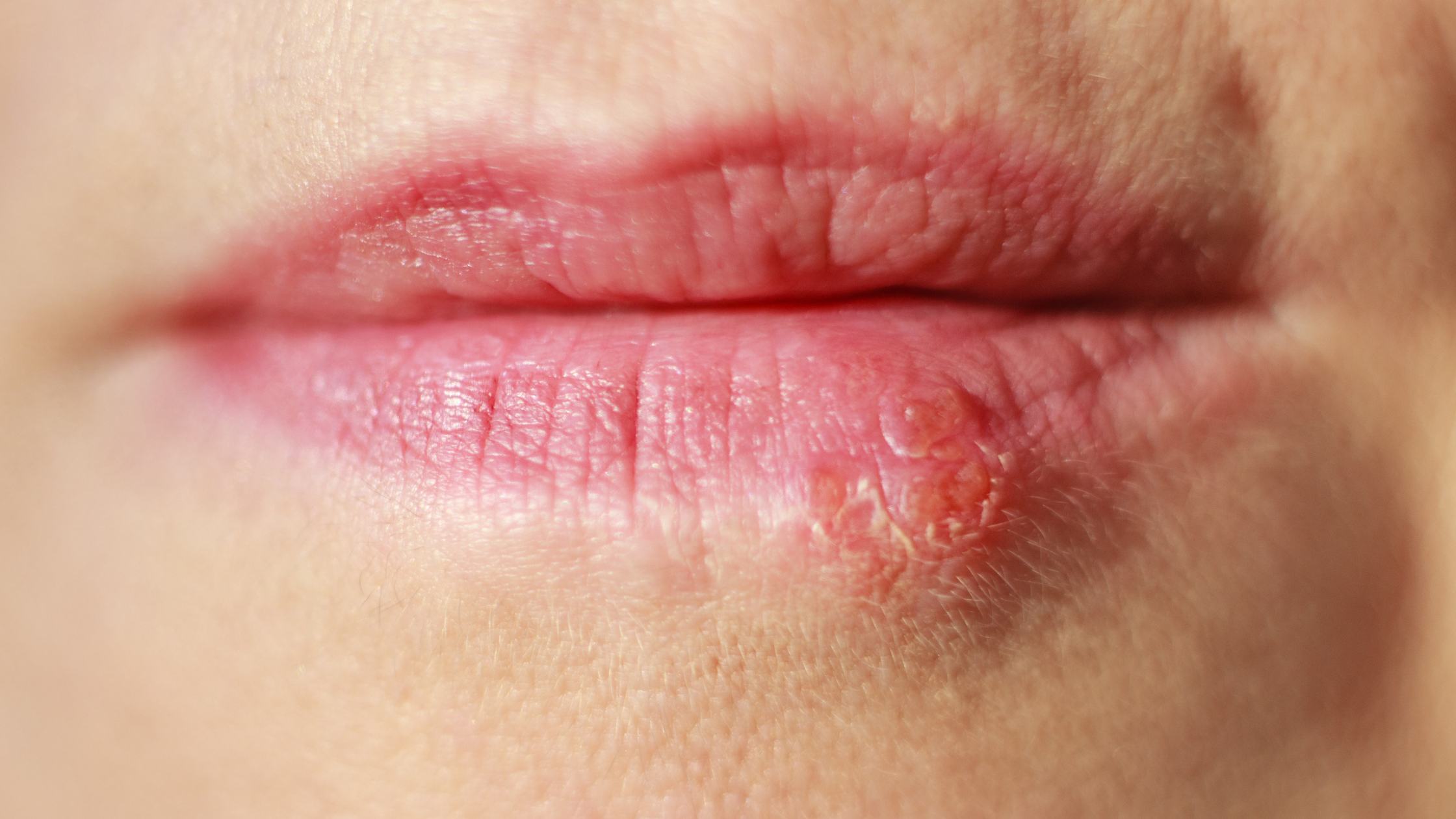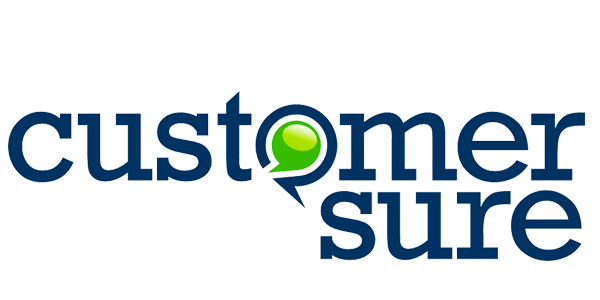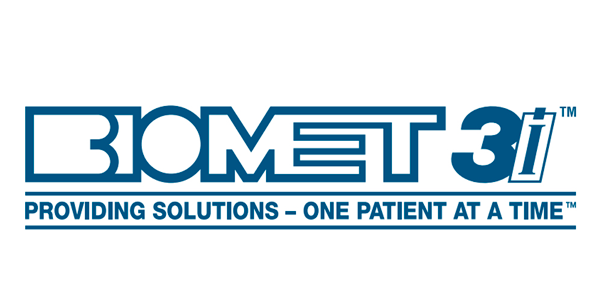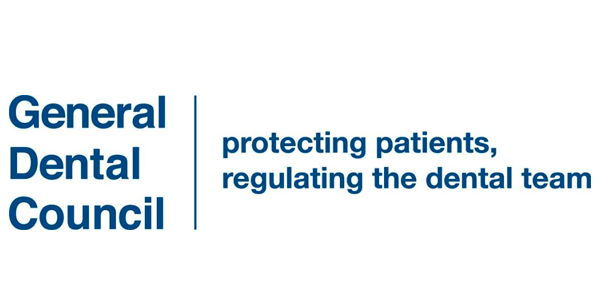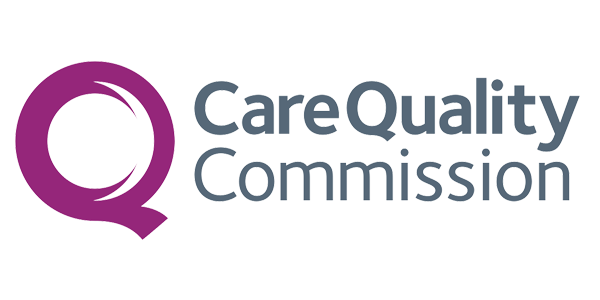50% of people have at least one cold sore outbreak every year. They are caused by a common viral infection and unfortunately cannot be cured. However, there are medications and home remedies that can help reduce symptoms and make it go away quicker.
What is a cold sore?
A cold sore is a red or dark pink coloured blister either on or around the mouth. They can appear on other parts of your face but is rare.
Cold sores are highly contagious and spread through close skin contact, they can even be contagious before the blisters appear.
What does a cold sore look like?
There are 5 cold sore stages that each look different:
- Tingling: For about 24 hours, your mouth may itch and/or tingle. Many people describe the feeling as a burning sensation. No visible signs may appear.
- Blistering: Blisters form and fill with fluid. You may develop several small blisters or one large blister. Sores appear white, greyish, or yellow while skin becomes inflamed and red.
- Weeping: Blisters break (burst) and may ooze. Painful sores form and are often varying shades of red.
- Crusting: After a few days, sores dry out and a scab forms. Itching and cracking are common.
- Healing: The scab falls off and the skin heals.
Symptoms
If you catch a cold sore early you can begin treatment and reduce the symptoms. Some of the most common symptoms are:
- Sore throat
- Painful gums
- Dehydration
- Swollen lips
- Fever
- Headache
- Nausea
- Lymph nodes swelling
- General muscle and joint aches
Treatments
There are over-the-counter creams available that reduce the length of an outbreak and your doctor can prescribe antiviral medications to prevent recurring infections. Most cold sores will clear up within 7-10 days without treatment and can be only 24 hours with treatment.
There are different medicines that you can take to relieve symptoms, ask your pharmacist for advice on what’s best for you:
- Painkillers like paracetamol can help control the pain from cold sores
- Gels that contain choline salicylate can help soothe the symptoms
- Antiviral creams like acyclovir cream can be applied 5 times a day, usually for up to 10 days. Make sure to wash your hands before and after applying the cream to reduce the spread of infection. Applying the cream as soon as you get symptoms can reduce the length of the outbreak.
Home remedies
Although not medically approved, some of these home remedies may help reduce your symptoms:
- Bee propolis
- Apple cider vinegar
- Essential oils
- Lemon balm
- Kanuka honey
Aloe vera gel - Lysine
- Ice or cold compress against the skin can help reduce the pain
Remember, when applying any product to the cold sore, try not to use your fingers, use a cotton ball or swab. If you must use your fingers, make sure you wash your hands before and after.
How to reduce the risk of outbreaks
- Use a lip balm with sunscreen: Use an SPF 30 or higher lip balm.
- Avoid sun overexposure: Always use sunscreen and avoid spending several hours in the sun on a regular basis.
- Replace your toothbrush regularly: Your toothbrush or toothbrush head can hang onto viruses including HSV-1. Replace your toothbrush every 1-3 months and immediately after a cold sore outbreak.
- Practice stress-relief techniques: Journaling, meditation, time outdoors, exercise, and restful sleep can all help reduce stress and fatigue that can trigger cold sores.
- Support immune health during menstruation: Women may be more prone to cold sores during their periods.
- Boost your immune system: As with any virus, cold sores are less likely if your immune system is strong. Ensure you’re getting plenty of vitamin C, vitamin D, and nutrient-dense foods. You may also try a probiotic supplement and/or oral probiotics to support a healthy microbiome.
- Be cautious after dental work: Dental cleanings and other procedures can temporarily weaken your immune system by exposing your bloodstream to higher amounts of oral bacteria than normal.
